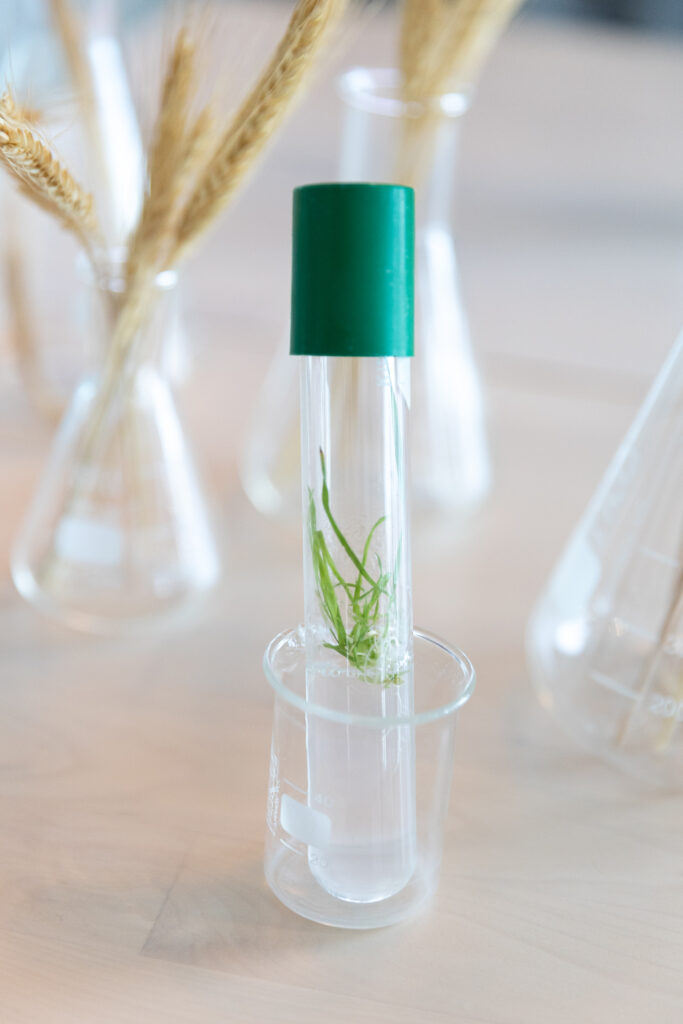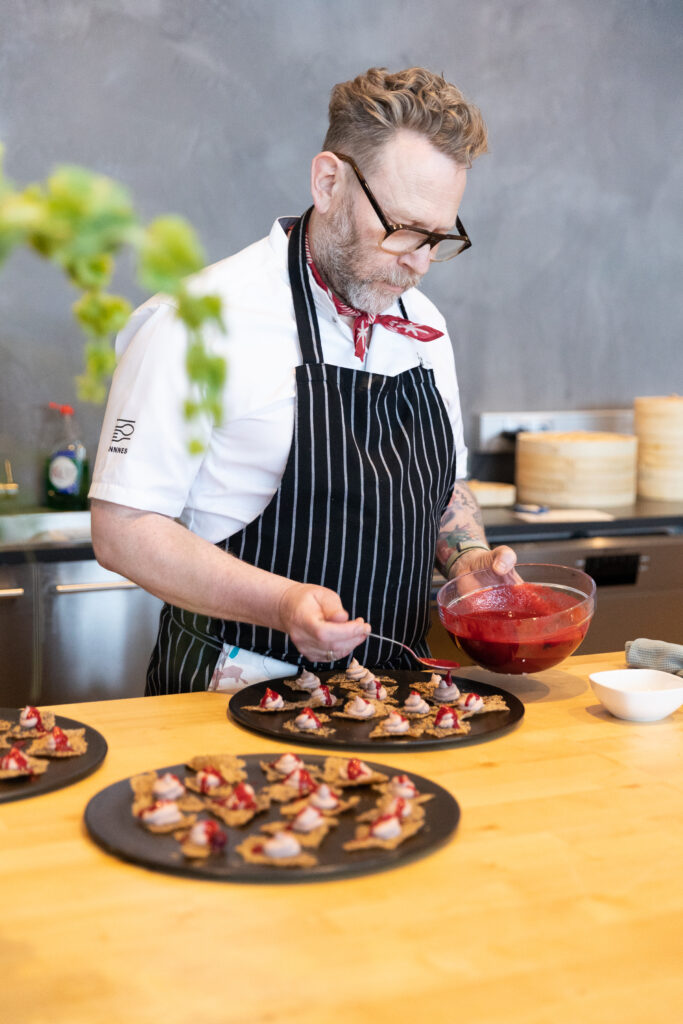
Food tech startup ORF Genetics has raised €5M ($5.8M) in a new funding round to scale up production of specialised proteins key to cultivated meat.
Icelandic firm ORF Genetics has secured €5M ($5.8M) in funding to advance and scale up its cultivated meat capabilities.
The investment round saw participation from both existing and new shareholders, and will help the startup significantly scale up its capacity to produce specialised proteins via molecular farming. These proteins are key components for cultivated meat manufacturing.
“We are at a pivotal moment,” said CEO Berglind Rán Ólafsdóttir. “This funding ensures that ORF can meet the imminent surge in commercial opportunities and supports the company’s next growth phase.”
How ORF Genetics makes growth factors with barley

ORF Genetics’s base technology leverages molecular farming, through which companies modify the cells of plants (instead of microbes or animals, as is the case in cultivated proteins or precision fermentation) to enable them to replicate animal proteins, which can be harvested from leaves or other plant tissues.
Its unique expression system is called Orfeus, which uses barley as a vehicle for large-scale production of recombinant animal and human proteins. The startup identifies the genetic code for the target protein, which is cloned into a highly optimised expression vector called GrainVec.
In a process mediated by bacteria, immature barley embryos undergo tissue culture in a carefully optimised medium, which then grow into strong, bioengineered plantlets with a well-developed root system.
These are then transferred into a supporting matrix in small pots, in a controlled growth chamber. After a well-defined period, these plantlets are transferred into an automatic hydroponic conveyor belt cultivation system until they are ready for harvest.
ORF Genetics chooses the highest-expressing barley lines (based on target protein levels in the barley seed extract), which are expanded further into a final selection of the best-yielding lines.
ORF Genetics plans extension of funding round

The Orfeus platform has allowed the firm to develop a portfolio of growth factors, including Mesokine, its range for cultivated meat. Each product is a defined barley seed extract that contains endotoxin-free growth factors from cows, pigs, birds and marine species. They also contain selected barley proteins to stabilise them, prolong their lifetime, and enhance their bioactivity.
ORF Genetics notes that Mesokine has become a trusted brand among key players in the cultivated meat space. One of its most notable customers is Australia’s Vow, whose cultured quail is made from the Icelandic firm’s growth factors, and is being sold at restaurants in Singapore and Australia.
Further, it’s working with South Korea-based SeaWith, which is hoping to receive regulatory approval and launch cultivated seafood in its home country by the end of the year. The two companies hosted a public tasting for cultivated shellfish meat at the Iceland Ocean Cluster this February, in an event attended by First Gentleman Björn Skúlason and agrifood minister Hanna Katrín Friðriksson.
Now, ORF Genetics is aiming to supercharge the production of Mesokine, with plans to expand capacity by 14-fold by 2027, and by a factor of 10,000 by 2032.
To help with this effort, it’s extending its funding round with a goal of raising €7M. “We plan to expand the round by the end of October and welcome new investors to join us in building a company that holds a key position in a market with tremendous growth potential,” said Berglind Rán.
ORF Genetics is among several companies innovating with molecular farming, including Moolec Science, Alpine Bio, PoLoPo, Mozza, Miruku, Tiamat Sciences, Bright Biotech, and NewMoo.
The post Iceland’s ORF Genetics Gets $5.8M to Advance Cultivated Meat via Molecular Farming appeared first on Green Queen.
This post was originally published on Green Queen.